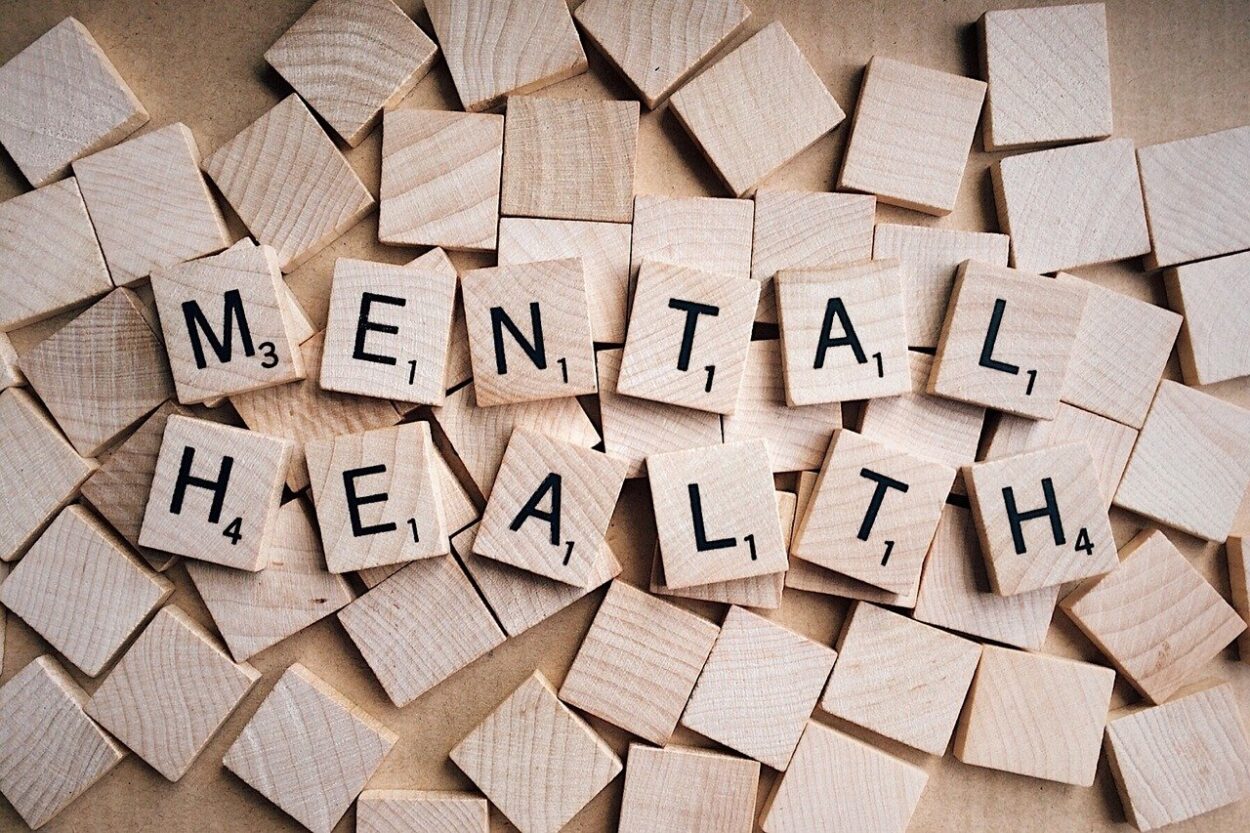5 eye-opening facts on mental health issues you need to know

Mental health issues have always been brushed off for centuries, but now with a steady pace, it has moved out of the shadows and into the light. There are many misconceptions of mental health problems that are grown from the lack of understanding, old-fashioned thinking and outdated assumptions.
In India, the need for rapid awareness of this sensitive issue is alarmingly high, especially in rural areas, as people with mental health issues are accused to be, for lack of a better word, ‘crazy‘ which leads to rejection, neglect and possibly abuse. Besides the little awareness, there are other roles that play a part in the misconceptions of mental health issues like lack of acceptance, access to mental health care and shortage of mental health providers.
To reduce the negative views on mental health issues, one has to broaden their minds and hearts to gain clarity on the subject. Hence gathering of information and knowledge on this sensitive matter is required.
Here are 5 eye-opening fact to clarify the misconceptions of mental health issues:
- Mental health is more common than you think it is.
No, it did not start due to the Covid-19 pandemic. It was always there and 1 out of 4 people in the world will have mental health issues. - People with mental health issues can hold a job.
Mental health issues are not all the same, the severity differs and the majority of them can be productive in the workforce. - Having mental health problems does not make a person is weak.
It is an illness. A person with diabetes would fight to recover and become physically strong. This is the same for a person suffering from depression, they fight to stay mentally strong and that means they are not weak. - Mental health problems are not permanent.
Many people with mental health issues will recover whether it being relief from the illness or returning to their ‘normal’ versions before the illness. - Anyone with mental health issues is not violent.
Although there are rare cases of people with mental illness who can have violent episodes the majority of them are completely nonviolent.
The country, as a whole, needs not only a widespread awareness of mental health problems but also plans to educate and provide treatments to all individuals who are suffering from the issue for both urban and rural areas. In this regard, the Ministry of Health and Family Welfare had initiated a nationwide toll-free 24 x 7 helpline (080-4611 0007) to address the mental health and psychosocial concern of the public during the pandemic.




Leave a Reply